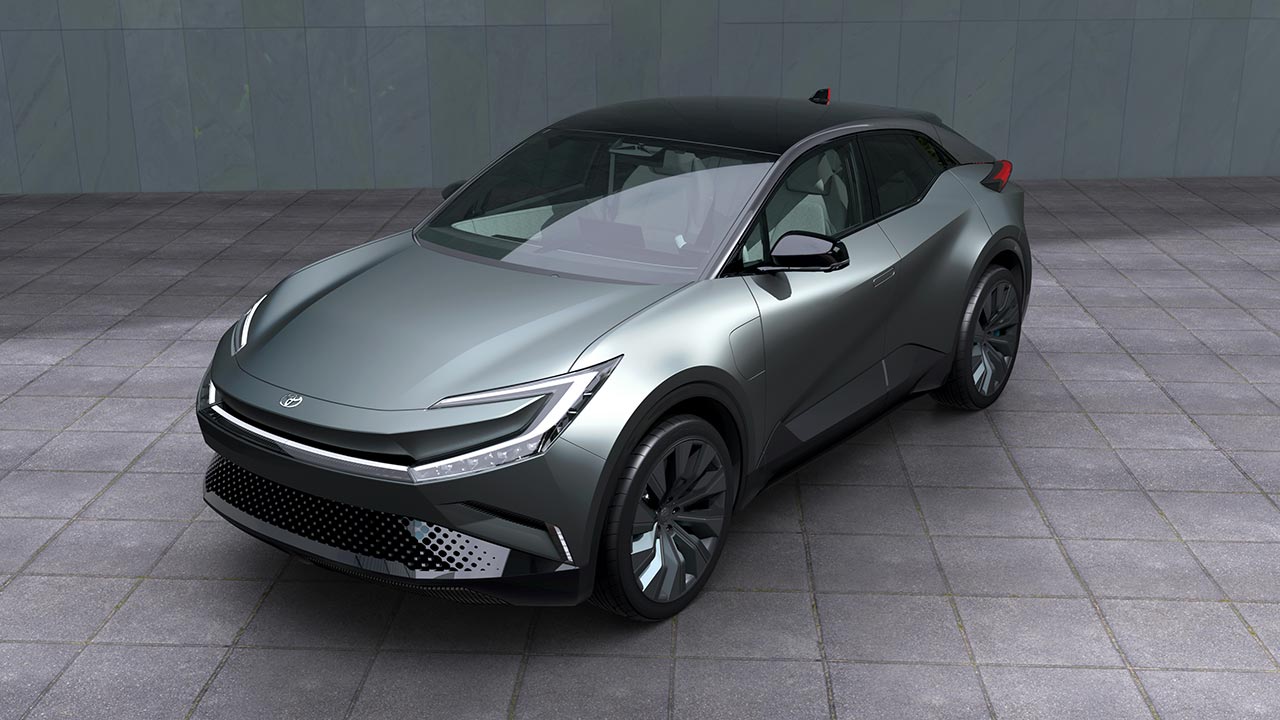The Japanese car manufacturer said that it had simplified production of the material used to make both solid-state and liquid-based batteries, which will allow it to halve the weight, size, and cost of the packs that end up in vehicles, according to The Guardian, quoting Keiji Kaita, president of the company’s research and development center for carbon neutrality.
“For both our liquid and our solid-state batteries, we are aiming to drastically change the situation where current batteries are too big, heavy, and expensive,” said Kaita. “In terms of potential, we will aim to halve all of these factors.”
Solid-state batteries are seen as the logical next step in the development of EVs, as they are considered safer and more reliable than lithium-ion cells that use a liquid-based electrolyte, but at the same time, they’re much more expensive and harder to manufacture.
Several startups such as Solid Power, QuantumScape, Factorial, and StoreDot have been working to make solid-state batteries more affordable and easier to produce, but as of today, their products haven’t been fitted to any new EV sold on the market.
Now, however, Toyota says it believes it could simplify the manufacturing process, potentially making solid-state batteries easier to produce than lithium-ion ones.
Last month Toyota Motor unveiled a massive plan to change its focus from ICE vehicles to EVs, all while keeping hybrids, plug-in hybrids, and hydrogen-powered vehicles alive. As part of its plan, it wants to build an all-new EV-only architecture that will spawn a raft of new vehicles from 2026, including a US-made three-row SUV that will reportedly go into production in 2025 with batteries sourced from North Carolina.
Furthermore, the car group estimates that it will be able to make an advanced solid-state battery that’s capable of offering over 900 miles (1,448 km) of range after 2028, thanks in part to lighter, less complicated cars that have fewer components.
Source: The Guardian

